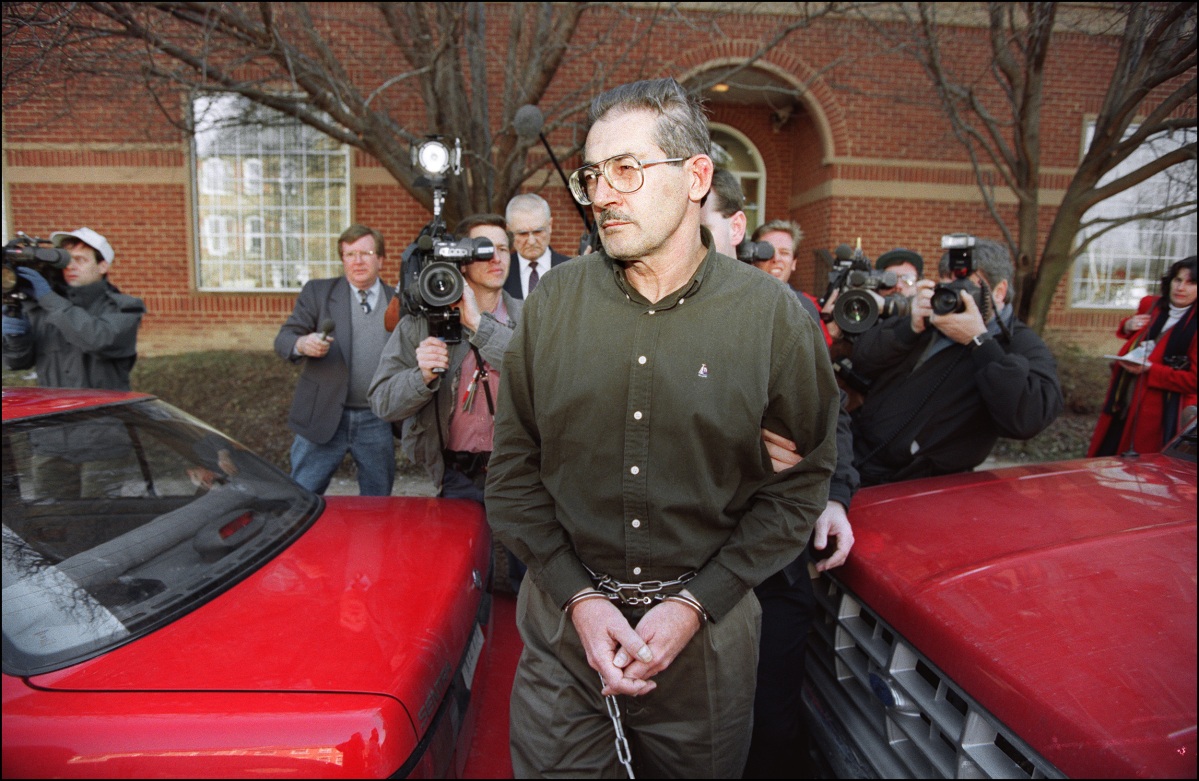
Yet there are some things to admire about a man whose motto was “why not share the top secrets and expose the absurdity of it all,” and who said “intelligence wars are mostly a silly game. Adults wearing children’s masks, like schoolboys cheating at penny ante poker.”
After a period of dormancy following the collapose of the Soviet Union, spy mania seems to have come back in vogue—with the Russians claiming to have caught Wall Street Journal reporter Evan Gershkovich red-handed.
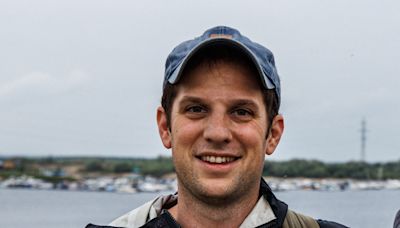
Secretary of State Antony Blinken responded by condemning Moscow for engaging in hostage-taking for a potential prisoner swap.
The CIA/FBI at the time was arranging the arrests of numerous Russians in the West accused of being spies. Artyom Uss, the son of the governor of Russia’s Krasnoyarsk Krai region was arrested in Italy, for example, Yury Orekhov in Germany, and a bunch more (including Venezuelans) in New York in the past few months.
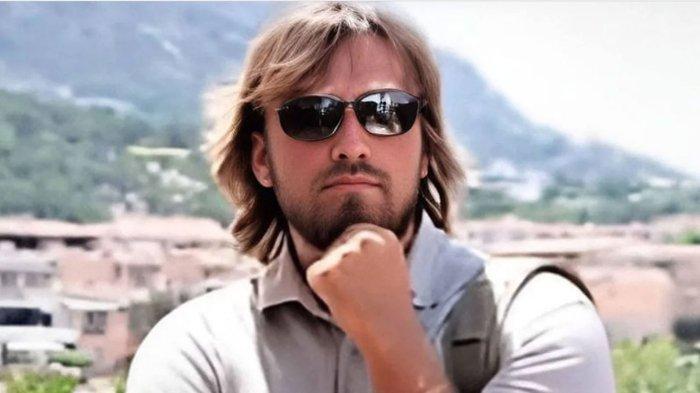
If the history of the original Cold War is any guide, we will probably over time see dissenters and defectors from the spy world come to the fore, who want to speak out about the hypocrisy and deceits of their own side, including in the West. These defectors are sure to be vilified, however, there would be a rationale behind their action worth hearing out.
Exposing the Bankruptcy of the Cold War and U.S. Deceits
Spy thrillers litter anonymous airports around the world, often glamorizing what can be a very dangerous and morally compromising profession.
Philip Agee, cofounder of CovertAction Information Bulletin, exposed the deceits underlying the CIA during the original Cold War in his tell-all memoir Inside the Company and was vilified accordingly, accused by the Agency of being a turncoat and traitor, though no evidence has ever emerged to suggest he was ever in the pay of a foreign country.
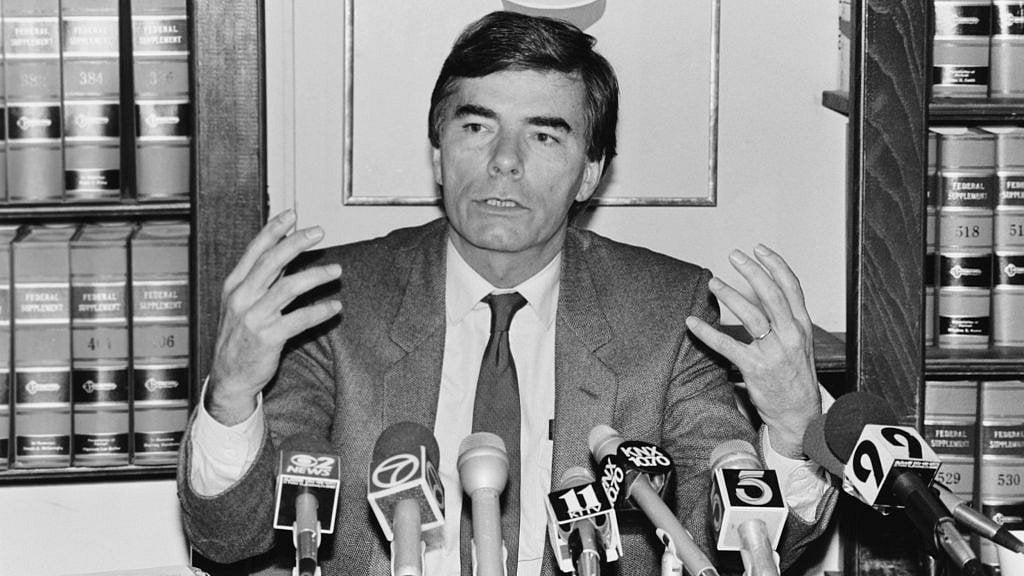
In contrast to Agee, Aldrich Ames was accused and convicted of working for America’s primary foreign adversary in the Cold War, the Soviet Union and was given a life sentence, which he is currently serving in Terre Haute, Indiana, as prisoner #40087-083.
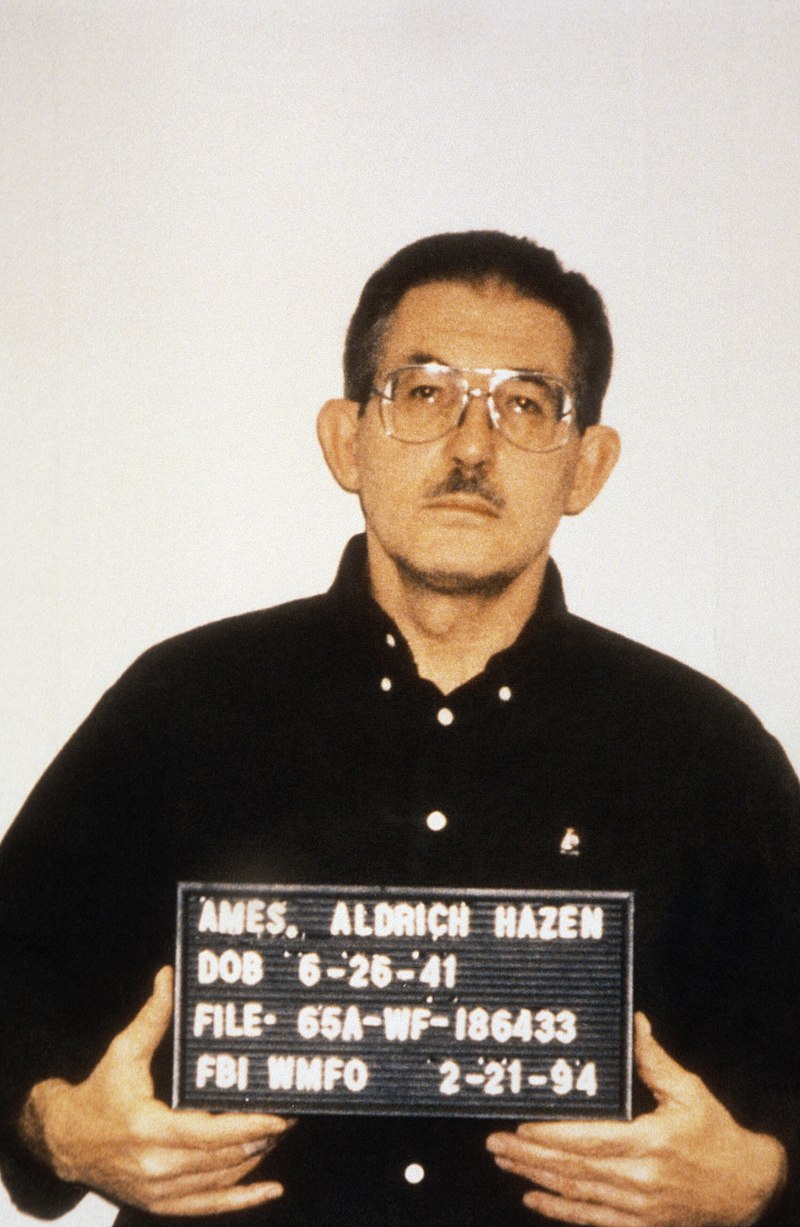
Very few people today would celebrate what Ames did—and for good reason. Nevertheless, Ames did have some features in common with Agee—both became fed up with the hypocrisy and criminality of the CIA and U.S. government policy in the Cold War, and aimed to expose the bankruptcy of the Cold War and the ideology of American exceptionalism.
A Company Man Who Betrayed the Company
Born in River Falls, Wisconsin, Ames joined the CIA in the late 1960s, serving in the Soviet Eastern European division, in Turkey, in Rome, and in Mexico City. His father Carleton had also worked for the CIA and was stationed in Southeast Asia during the 1950s and briefly worked in counterintelligence under James J. Angleton.
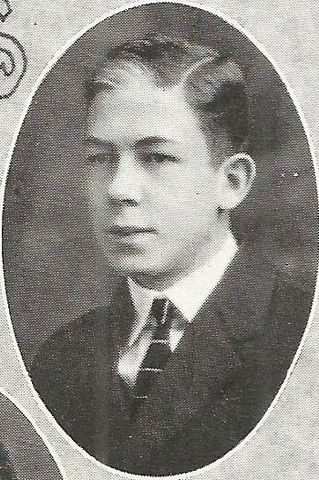
In September 1983, the CIA assigned Ames to the Southeast Asia division in Washington, which was responsible for Soviet counterintelligence. Ames had access to all CIA plans and operations against the KGB and GRU, Soviet military intelligence, and now routinely assisted another CIA office that assessed Soviet embassy officials as potential intelligence assets.
According to prosecuting attorneys at his trial, as part of this responsibility, and with the knowledge of both the CIA and the FBI, Ames began making contacts within the Soviet embassy. In April 1985, Ames provided information to the Soviets that he believed was “essentially valueless” but would establish his credentials as a CIA insider. He asked for $50,000, which the Soviets quickly paid.

He soon identified more than ten top-level CIA and FBI sources who were reporting on Soviet activities. The CIA’s network of Soviet-bloc agents began disappearing at an alarming rate, such as KGB agent Gennady Varenik and GRU agent Dmitri Polyakov, according to the CIA.
The CIA initially blamed asset losses on another former CIA agent, Edward Lee Howard, who had also been passing information to the Soviets. But when the CIA lost three other important assets about whom Howard could not have known anything, it was clear that the arrests (and resulting executions) were the result of information provided by another source—whom they determined to be Ames.
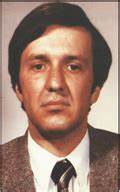
Meanwhile, Ames continued to meet openly with his contact at the Soviet Embassy, Sergey Dmitriyevich Chuvakhin, who provided him $20-$50,000 every time the two had lunch.
Ultimately, Ames received $4.6 million from the Soviets, which allowed him to enjoy a lifestyle well beyond the means of a CIA officer. His cover story was that his prosperity—including a lavish home and Jaguar—was the result of money given to him by his Colombian wife’s wealthy family.
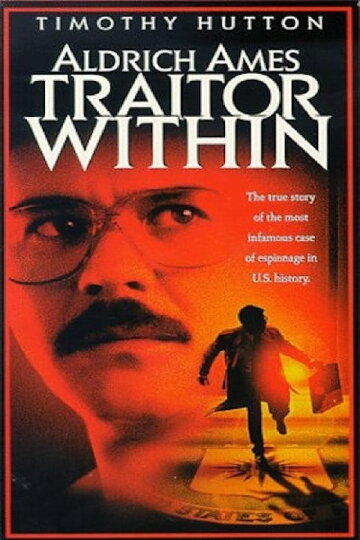
Exposing the Absurdity of It All
Though touted as the most harmful spy in U.S. history, Ames denies ever harming either the U.S. or Americans. His real sin may have been eloquently thumbing his nose at the system—which got him life with no parole.
Ames exposed the demagogy and bankruptcy of the Cold War, and of U.S. ideology in general. And he remains defiant. No groveling, no remorse. There are many documentaries, even a feature film, Aldrich Ames: Traitor Within (1998), starring Timothy Hutton, with Joan Plowright as the dainty CIA babushka who susses out the villain.
The film has its moments but misses the political message, doesn’t find Rick’s Rosebud. Pete Earley, who wrote Confessions of a Spy: The Real Story of Aldrich Ames (Coronet Books, 1997), by contrast, found it. He recounts how Ames remembers his father Carleton telling him as a 10-year-old, “I would rather see you dead than living under communism. I had no response but I wondered about it for years. Despite my belief in his ideals, I think I recognized and was reacting to the implicit denial of humanity to those hundreds of millions of people. I didn’t believe it.”

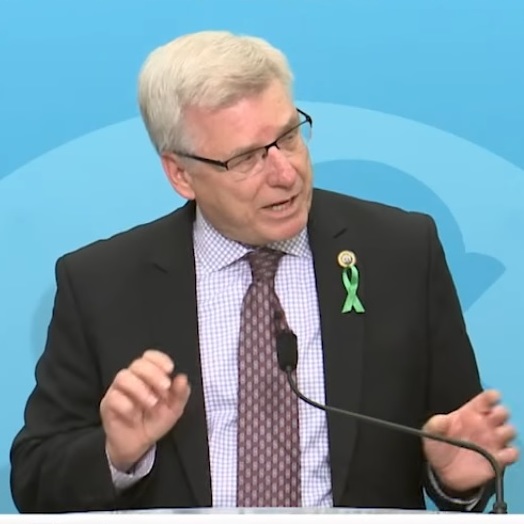
Ames genuinely believed free exchange of information would be better for both sides, as he tells Chuvakhin in the film. “We’re practically allies now,” he says to his wife Maria as he watches Yeltsin on top of a burned-out trolley bus on TV.
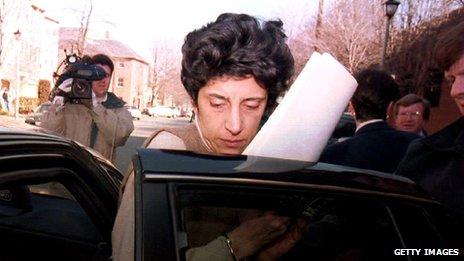
Ames’s only trip to Moscow was to arrange the formation of a Black Sea interstate counter narcotics conference in 1992, which he told Earley was his best moment at the CIA.
Why not share the “top secrets,” show the absurdity of it all? He didn’t have any thought about fleeing to Moscow. He was finally nabbed on Presidents’ Day in 1994.
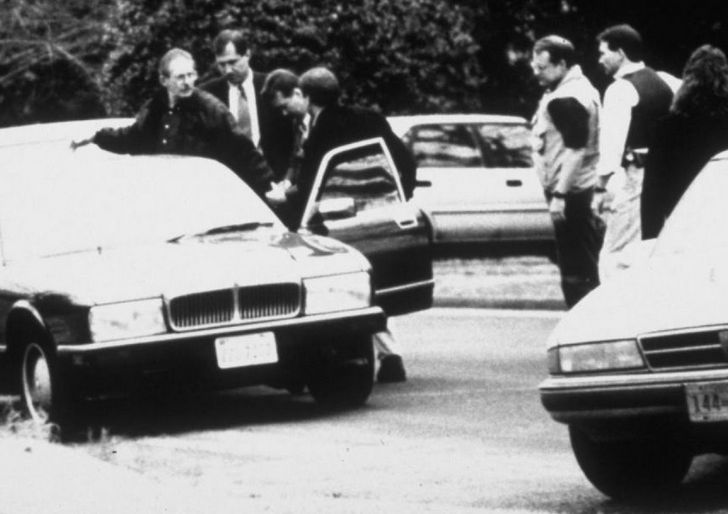
In writing Confessions of a Spy, Earley managed to evade Ames’s FBI keepers in prison to get dozens of hours of interviews, which enables the reader to understand Ames’ worldview. Ames told Earley the intelligence wars are mostly “a silly game. Adults wearing children’s masks, like schoolboys cheating at penny ante poker.” He was in essence asking: “what purpose does it all serve?”
Ames further expounded:
“Who is the greater fool? The man who believes his own lies and spends his nights rationalizing the obvious contradictions in his life? Or a man who sees the lies for exactly what they are and uses them for his own purposes?
The screams of indignation [of CIA head Woolsey, the FBI, etc.] are literally offensive to me, their agonizing over the injustice of it all, how I spilt the blood of innocent men, and their amazement over how I could do what I did! What hypocrites! What do you think [the betrayed Soviet spies] were all about? Prove to me that I am different from your heroes.
All of the people whose names were on my list knew the risks they were taking when they began spying for the CIA and FBI. If one of them had learned about me, he would have told the CIA, and I would have been arrested and thrown in jail. Now that I was working for the KGB, the people on my list could expect nothing less from me. It wasn’t personal. It was simply how the game was played.”
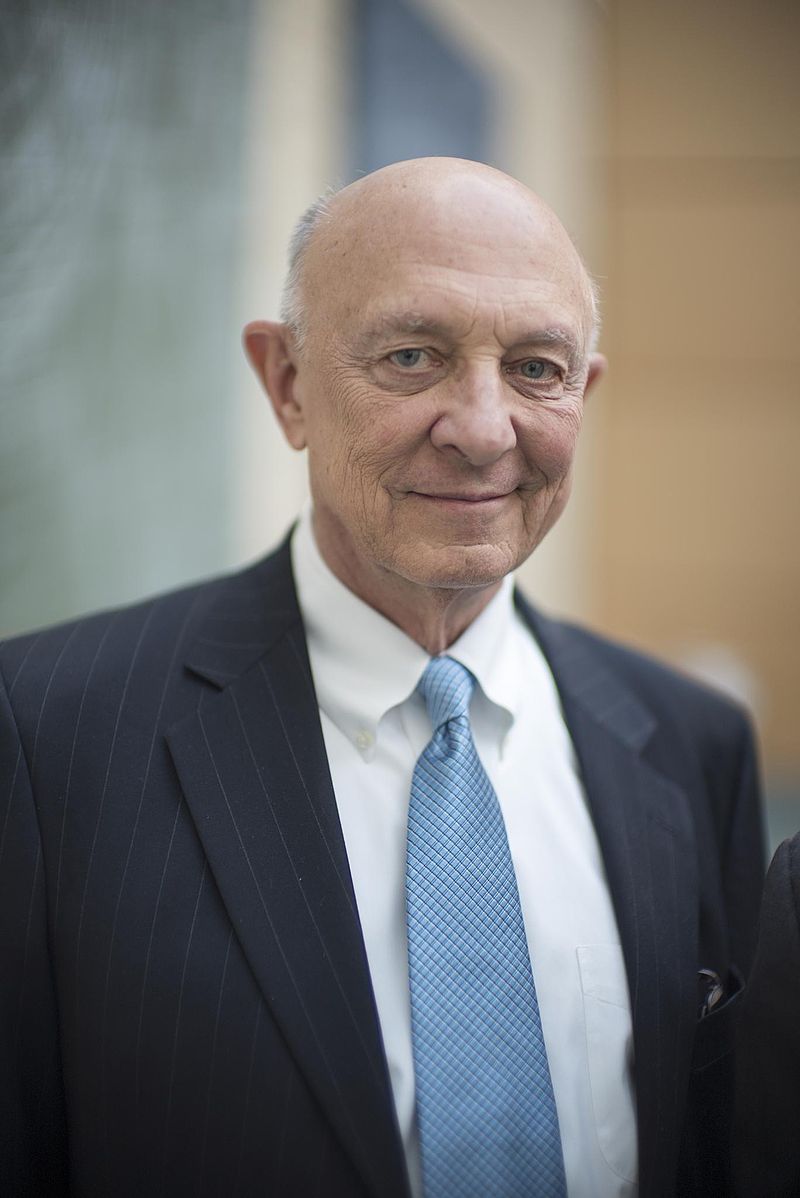
Ames goes on in letting loose on his American masters.
“Their handwringing and tears are institutionalized, bureaucratized, and sanitized hypocrisy. The insiders are careerists and time-servers, blind to the moral and ethical dimension of their own behavior and motives.
Do I feel guilt? Of course. It is when I stand before many of my former friends, colleauges, and bosses that I hide my face. I betrayed the personal and professional trust which existed between me and them; and I betrayed the deep commitment that I had made to agents who trusted me.”
Ames continues: “What was my ideology? My discovery that political intelligence was never used.”
Ames describes how he discovered treason by prima donna Henry Kissinger, angry that Carter was replacing him in the lead role with Cyrus Vance, an “amateur,” in his view.
The spurned diva Kissinger gave his friend Dobrynin “advice on how he could outsmart Vance during SALT II treaty talks. Everyone knew the Soviets liked continuity and wanted Ford and K. to continue. The CIA never paid attention to this nor to all the reports of how the Soviet Union was falling apart, how decrepit the Red Army was, how the U.S. was far stronger.”
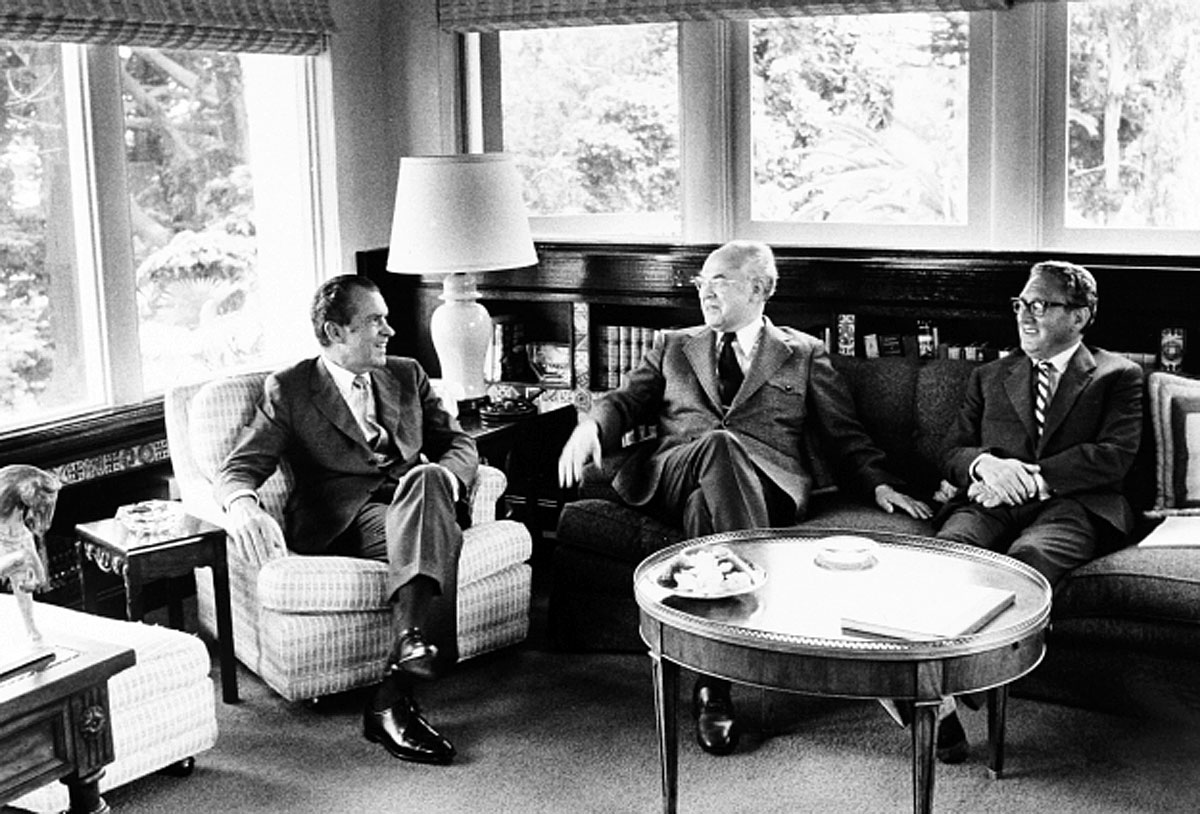
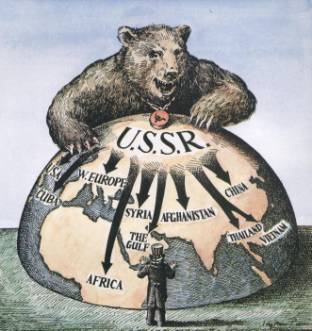
Now Russia is derided as a gas station with nukes, but back then, it was depicted as a fearsome monster about to pounce. It had no intention of invading anyone nor had it since post-World War II borders were established.
But political leadership in both parties ignored that intelligence. Every administration pushed the Soviet threat. Why? Because it was good politics, Ames said. Diplomatic cables showed a feeling of helplessness among Soviet policymakers. They knew they were falling behind. Kissinger and Ford, then Carter—all blustered about a resurgence in Soviet aggressiveness and military power.
“I knew that much of what I was doing was for nothing. Soviets were risking their lives to tell us information that our leaders didn’t want to hear and refused to use. For those who feasted on my tragedy for their own glorification, I feel nothing but contempt.”
This was the heroic age of double agents each way. Ames gave the Soviets names of their traitors. America’s spies, mostly Soviet dissenters, gave the Americans names of their traitors. So following Ames’s logic, he would be left with remorse only for betraying his CIA colleagues. Q.E.D.
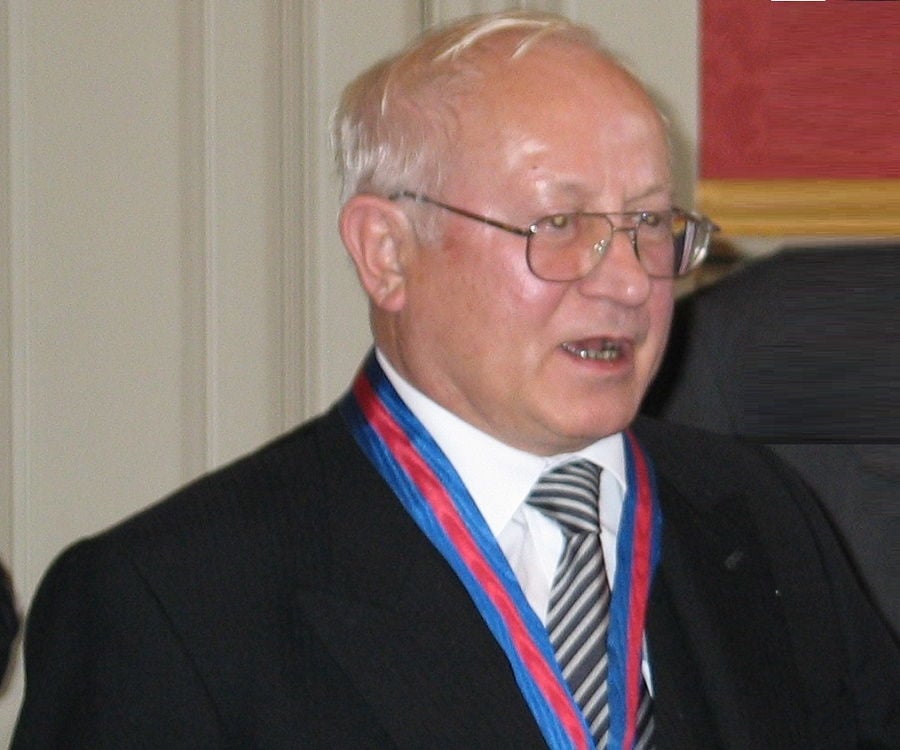
Oleg Gordievsky, a KGB officer who gave information to the British Secret intelligence service from 1974-1985, disagrees. He said: “I knew the people I identified would be arrested and put in prison. He [Ames] knows the people he identified would be arrested and shot. That is one of the differences between us.”
Yes, but remember the Rosenbergs? And how many others who died mysteriously? Suicides, accidents. Gary Webb? The CIA and FBI are master assassins. The Soviet spies knew what to expect if caught, and almost all the spy catching was by double agents betraying their enemy spies on both sides. In self-absolution, Ames quotes Balzac’s Père Goriot: “All is truth.”
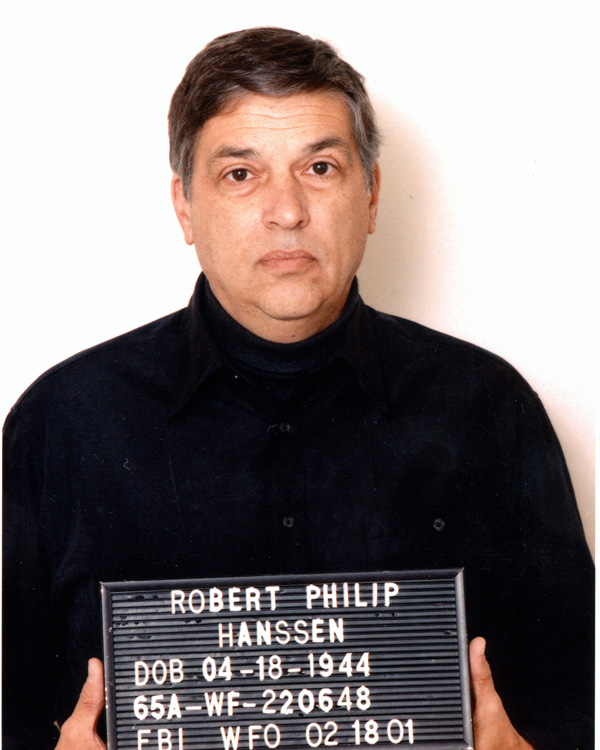
And others were just as bad as Ames. FBI Agent Robert Hanssen spied from 1979 to 2001, betrayed KGB moles and sold thousands of classified documents to the KGB. He was spying at the same time as Aldrich Ames in the CIA. Both Ames and Hanssen compromised the names of KGB agents working secretly for the U.S., some of whom were executed for their betrayal. Hanssen also revealed a multimillion-dollar eavesdropping tunnel built by the FBI under the Soviet Embassy.
He told his captors his motivation was purely financial. But FBI Hanssen had seen through the spying shame even earlier than CIA Ames, and the $2 million plus or minus that both he and Ames got was still peanuts. Enough for Ames’s luxury-loving second wife Rosario and for Hanssen’s devout Catholic family of six kids. They were just playing the game. Contrast these small fry with many other FBI/CIA heavies up to their necks in murder, subversion of whole nations, and many, many other crimes, none of which is ever prosecuted.
After Ames’s arrest in 1994, when intelligence breaches remained unsolved (no end to betrayal!), the FBI offered $7 million to a selection of likely KGB traitors, but they refused to divulge. Money does not buy everything after all. The FBI finally identified Hanssen on their own through fingerprint and voice analysis.
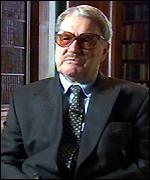
Perhaps the savvy Hanssen and Ames were performing some kind of divine justice, evening up the sides. The Soviets always operated under a heavy handicap from 1917 on and Soviet traitors and America’s spies, famously Vasili Mitrokhin, who brought a large archive of KGB documents, were far more destructive than the romantic communists and handful of cynics like Ames. What gets the CIA goat is Ames’s eloquent and devastating critique of the whole business, of American empire.
I like the post-Soviet assessment by Ames’s KGB handler, Victor Cherkashin: “Ames is a humanitarian. How did he hurt your country? He didn’t betray any of your secrets, he simply told us who were the traitors in our midst. I consider him a very fine fellow.”
Cherkashin respects Ames the same way he respected his own agents. Cherkashin’s (and Ames’s) goal was not to destroy the U.S., but to get vital information to protect the Soviet motherland.
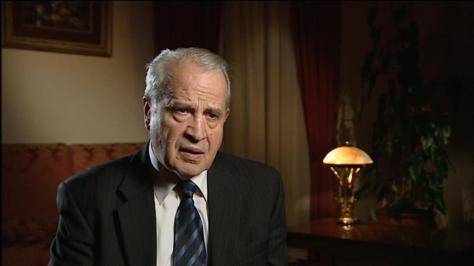
Anti-Fascist Legends
The Cold War produced many spying adventures, but the ones that capture the imagination, even now, are the communist and fellow-traveller spies, Westerners who disdained capitalism’s seductive consumerism in search of a more authentic way of living. It is hard to describe what motivated their reckless idealism. As we descend into general madness these days, their burning passion to reject what is now destroying us is a refreshing tonic.
The all-time king of spies is Kim Philby, whose storybook life is stranger than fiction, gaining his creds as an anti-communist journalist in Franco-controlled Spain during the civil war. That eased his way into the British foreign service, let him spy unmolested for more than two decades, untouched by Stalin’s mad purges or by the paranoid James J. Angleton, who saw a traitor in everyone after Philby’s spectacular escape to Moscow in 1964, where he lectured to KGB recruits, dying before the collapse of the socialist paradise.
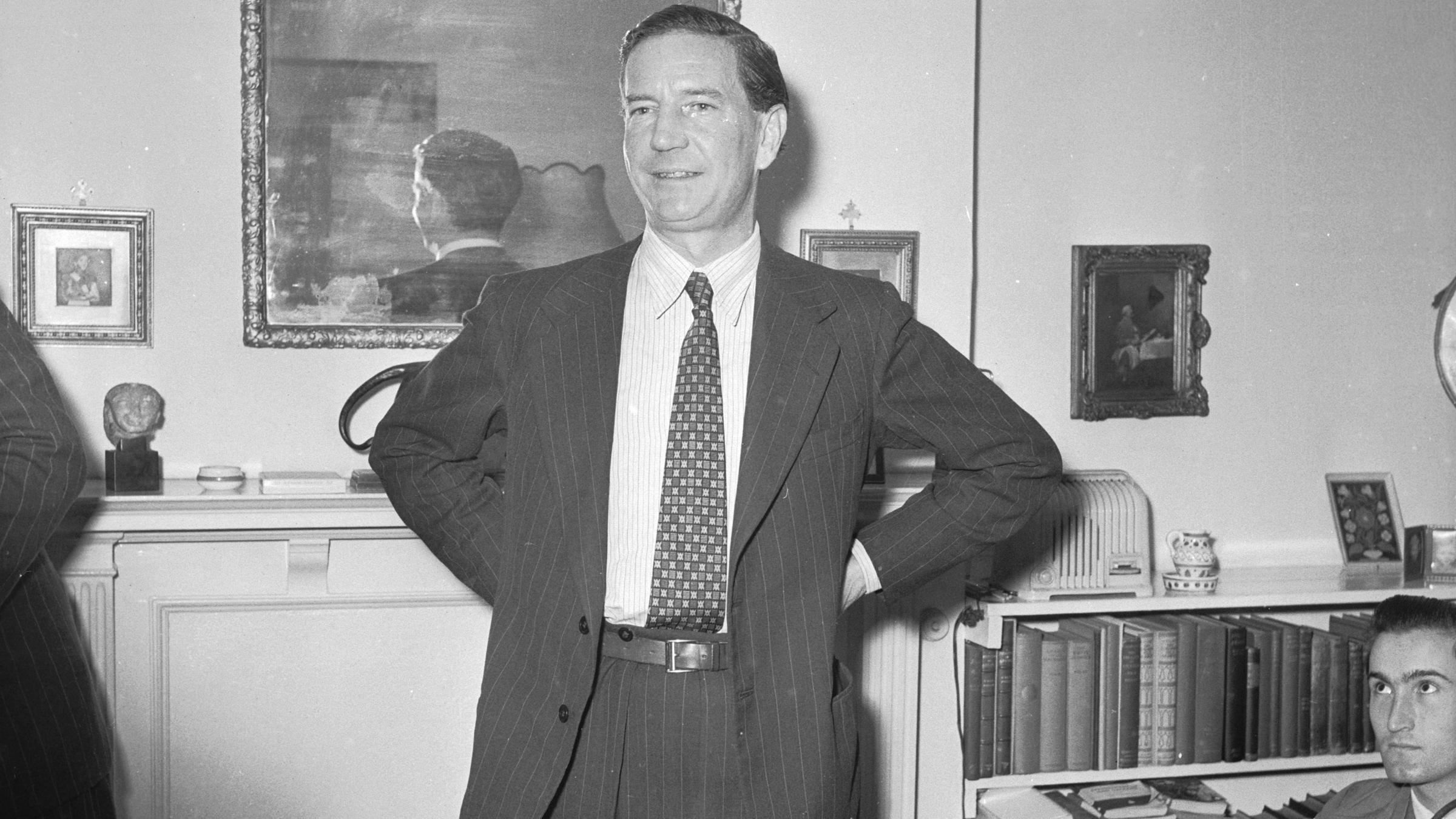
Then there is the sad case of Guy Burgess; brilliant, handsome, and gay in an era when being gay was not socially accepted. How he managed to breeze through life on both sides of the Atlantic, landing in Moscow at last, is truly fascinating. He was allowed a local Russian guy as lover, but he couldn’t adjust, couldn’t put his gay genie back in the closet and, well, do something with his life. So he drank himself to death. Alcoholism was/is part of the bargain for most spies, including Philby and Ames.
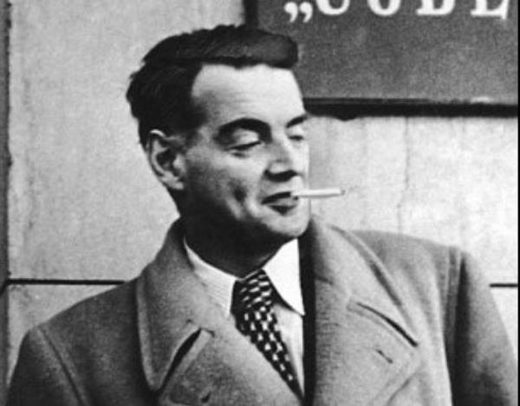
The most pathetic double agent is surely Vitaly Yurchenko, a high-level KGB officer, who defected in Italy and was rushed to the U.S. for debriefing in 1985, just after CIA agent Ames was starting his KGB assignment. Ames was still new as a double agent and Yurchenko came within a hair’s breadth of exposing Ames to Ames himself, when Ames was called on to debrief him. Yurchenko defected because he had fallen in love with the wife of a Soviet diplomat stationed in Canada. The CIA smuggled him into Canada to meet her. She was aghast and ordered him to leave.
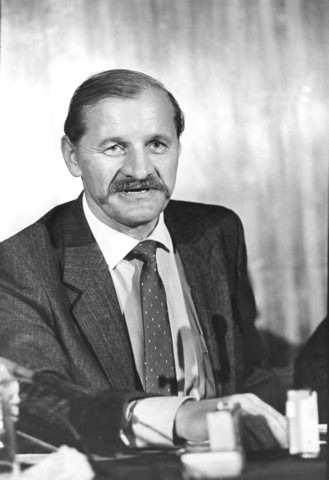
Yurchenko had given the CIA names of a couple of spies, but was a poor catch and the CIA lost interest after setting him up with a house and awarding him $1 million in a celebratory ceremony. They thought this would be a good advertisement for attracting more spies eager to enjoy the American dream. But it backfired.
Yurchenko realized his mistake, became depressed, and snuck into the Soviet diplomatic compound in Washington, D.C., and returned to Moscow. He was left in peace and forgotten until Putin started to burnish the KGB legend, and awarded even the once-traitor Yurchenko an Order of the Red Star.
Despite the new Russian ideology fashioning Yurchenko’s bizarre tale as an intentional “infiltration operation,” ex-KGB General Oleg Kalugin told the CIA that Yurchenko started as a real defector, then changed his mind and re-defected. The KGB did not use “fake defectors” because the defection would be a propaganda problem for the Soviet government. (People were not supposed to run from the paradise.)
Spies and Spie$
By the 1980s, when Ames saw the light, there was a steady stream of high-level, eager, cynical Soviet informers, as the system creaked and groaned under the weight of its many intractable problems. No need to groom potential recruits, just keep churning out movies about the wonderful West for Soviets to soak up in pirate videotapes.
Not all Soviet traitors were bumped off. Ames worked as handler for dashing Bondish Sergei Fedorenko, employed at the UN Secretariat, starting in 1964, who became a genuine friend. Ames had to betray him but insisted to his handler in the KGB that he be left alone. He survived and prospered, becoming part of Gorbachev’s team, specializing on disarmament. And he is alive and well today (in the U.S.). Six of the 20 agents whom Ames betrayed were still alive and free when Earley wrote in 1994.
Ames was both money and cause, motivated by his fantasy as an incarnation of Simon Templar, the Saint, and, at the same time, his desire to blow up the whole spy mania, to work with the Soviets, not against them. When he started spying in 1985, the spirit of Gorbachev’s glasnost was in the air. The saintly spy.
Another legend is bird-lover Christopher Boyce and his drug-dealing “snowman” Andrew Daulton Lee, the sort of heroes of John Schlesinger’s The Falcon and the Snowman (1985), about an earlier Snowden. Timothy Hutton played Boyce as a kind of prequel to his depiction of Ames a decade later.
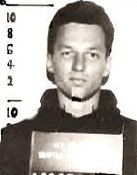
Boyce came of age politically with the CIA-backed Chilean coup by Pinochet in 1973. By a typical CIA snafu, this troubled, but charming, youth was given access to top secrets. He saw memos about the CIA’s plotting a coup against Australia PM Gough Whitlam because he wanted to close U.S. military bases in Australia and withdraw Australian troops from Vietnam. Reading memos bragging about getting “our man Kerr,” the Governor General, to dismiss Whitlam, he saw red. Literally. He gathered up lots of really great stuff like U.S. communications ciphers and spy satellite development and headed for Mexico City with his druggie sidekick.
Boyce and Lee’s story is a page-turner—escape from prison, Bonnie and Clyde antics, prison revenge incited by redneck guards. Their principled daring makes me think of diversionist Bowe Bergdahl, who joined the Army, went to Afghanistan in 2009 and promptly defected to the Taliban.
The Taliban, of course, wanted a prisoner exchange and lots of money. He spent five years with them, keeping thousands of soldiers busy looking for him, cat and mouse. What a brilliant diversion of U.S. forces. The Taliban got their Guantanamo prisoners (now ministers in the Afghan government), and he was given only a dishonorable discharge (vs life). The spy who wasn’t. No Hollywood film there. Too painful.

I won’t even start on Jonathan Pollard. Zionism and Israel added a whole new dimension to spying. Friend-on-friend, i.e., with friends like these, who needs enemies.
Oh yes, I forgot John Anthony Walker, Jr. (d. 2014), a U.S. Navy chief warrant officer and communications specialist convicted of spying for the Soviet Union from 1967 to 1985. He was more like the antithesis of James Bond, one of Hillary’s deplorables. A high school dropout and petty thief, he was offered the option of jail or the military. Of course he enlisted. Navy snafu big time. Uneducated petty thieves tend to, well, steal. And they make really, really bad fathers. He groomed his only son to carry on the “business.”
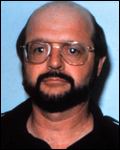
Walker had no known redeeming features. Definitely not Hollywood material, though a fascinating case study for social workers. His worst crime was enabling the Soviets to know where U.S. submarines were at all times. So what? Isn’t that a good thing? What ever happened to the First Amendment? If we are serious about peace, then transparency is essential. Ames was right. Spying is just a “great game.”
Back to the Future
The heyday of spy novels was inaugurated after World War II with Ian Fleming’s James Bond novels, inspired by real-life Serbian secret agent Duško Popov. Handsome devil, womanizer, Jag, etc. But without any moral or ethical foundation, just money and fast cars, the genre is shallow. No meat and potatoes. All the 20th century spy heroes were anti-fascist. But the newly minted CIA spies after World War II have all been anti-communist, which in the immediate aftermath of the war, made them at least tolerant of fascist Germans. Not hero material. There is no romance in Patton (1970).
It is heartening to know the legendary spies stuck by their beliefs. George Blake helped the Soviets in their 1960s good times and was alive in Moscow in the post-1991 ruins, still unapologetic. He saw the flaws as soon as he settled in after his harrowing escape for Wormwood Scrubs in 1966. The Soviet Union had too much baggage, people became too cynical for the system too work. It was a noble experiment, and socialism will inevitably start again. The U.S. has even more baggage by now and desperately needs the same clean slate. The only “ideology” today must be based in reverence for nature, religion and natives everywhere, which means socialism. There Is No Alternative.
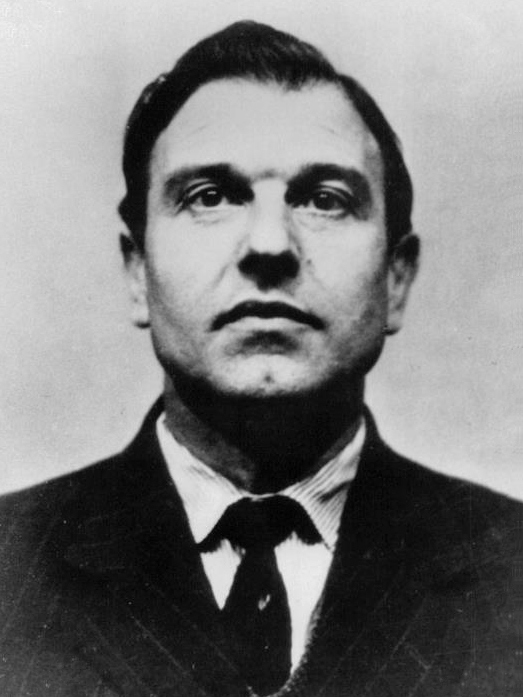
The day of hero spies is not over: Edward Snowden’s harrowing escape from U.S. clutches, Julian Assange’s excruciating torment at the same Wormwood Scrubs from which Blake escaped. Putin’s honoring of the many legendary spies, both Westerners like Philby and patriots like Pavel Sudoplatov, a top Soviet spymaster, is no coincidence. Putin awarded George Blake the Order of Friendship in 2007 and Vitaly Yurchenko a Red Star. The best of the Soviet legacy lives on.
Putin recently made the telling comparison of the current “collective West” to the Axis powers in the 1930s. The whole point of spying in the 20th century was to help the Soviet Union survive, to find out the what, when, how of British/U.S./German schemes. As NATO morphs into a cover for permanent U.S. hegemony in the world, with plans to expand into Asia and Latin America, its sights are on the break-up of Russia, the Eurasian heartland, with the largest expanse of nature and natural resources still largely untapped.
That was Hitler’s lebensraum and it is what the “collective West” is now committed to, come hell or high water.
Already the war against Russia is inspiring the peace movement to mobilize, and it will be callling for the same thing Putin and Xi want—a world without a hegemon, without the U.S. terrorizing one and all. The neo-liberal era of teen hackers for ransom has given way to principled hackers and truth-tellers like Assange, Snowden, Chelsea Manning and Seymour Hersh, a new-old type of spy, telling not just the KGB but the whole world of U.S. crimes. The battle for hearts and minds continues.

CovertAction Magazine is made possible by subscriptions, orders and donations from readers like you.
Blow the Whistle on U.S. Imperialism
Click the whistle and donate
When you donate to CovertAction Magazine, you are supporting investigative journalism. Your contributions go directly to supporting the development, production, editing, and dissemination of the Magazine.
CovertAction Magazine does not receive corporate or government sponsorship. Yet, we hold a steadfast commitment to providing compensation for writers, editorial and technical support. Your support helps facilitate this compensation as well as increase the caliber of this work.
Please make a donation by clicking on the donate logo above and enter the amount and your credit or debit card information.
CovertAction Institute, Inc. (CAI) is a 501(c)(3) non-profit organization and your gift is tax-deductible for federal income purposes. CAI’s tax-exempt ID number is 87-2461683.
We sincerely thank you for your support.
Disclaimer: The contents of this article are the sole responsibility of the author(s). CovertAction Institute, Inc. (CAI), including its Board of Directors (BD), Editorial Board (EB), Advisory Board (AB), staff, volunteers and its projects (including CovertAction Magazine) are not responsible for any inaccurate or incorrect statement in this article. This article also does not necessarily represent the views the BD, the EB, the AB, staff, volunteers, or any members of its projects.
Differing viewpoints: CAM publishes articles with differing viewpoints in an effort to nurture vibrant debate and thoughtful critical analysis. Feel free to comment on the articles in the comment section and/or send your letters to the Editors, which we will publish in the Letters column.
Copyrighted Material: This web site may contain copyrighted material the use of which has not always been specifically authorized by the copyright owner. As a not-for-profit charitable organization incorporated in the State of New York, we are making such material available in an effort to advance the understanding of humanity’s problems and hopefully to help find solutions for those problems. We believe this constitutes a ‘fair use’ of any such copyrighted material as provided for in section 107 of the US Copyright Law. You can read more about ‘fair use’ and US Copyright Law at the Legal Information Institute of Cornell Law School.
Republishing: CovertAction Magazine (CAM) grants permission to cross-post CAM articles on not-for-profit community internet sites as long as the source is acknowledged together with a hyperlink to the original CovertAction Magazine article. Also, kindly let us know at info@CovertActionMagazine.com. For publication of CAM articles in print or other forms including commercial internet sites, contact: info@CovertActionMagazine.com.
By using this site, you agree to these terms above.
About the Author

Eric Walberg is a journalist specializing in the Middle East and Russia and author of numerous books including Islamic Resistance to Imperialism (2015, Clarity Press) and Postmodern Imperialism: Geopolitics and Great Games (2011, Clarity Press).
Eric worked as writer-translator in the Soviet Union, Russia, Uzbekistan and Egypt. He now lives in Toronto and is currently a commentator on PressTV and Voice of the Cape radio. His website is http://ericwalberg.com and he can be reached at walberg2002@yahoo.com.


